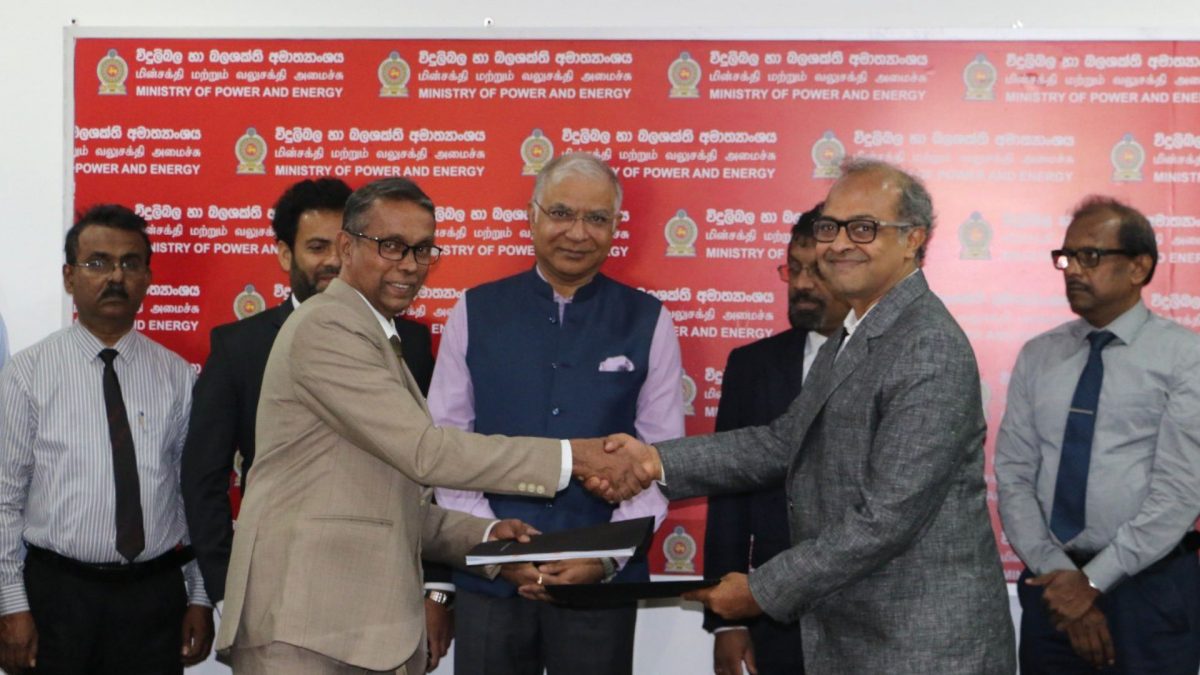The semi-retirement of Nandan Nilekani from Congress politics is a message to all technocrats who want to seek an entry to the portals of power laterally: it’s not possible in India’s political culture, defined as it is by patronage and connections. Talent is always subservient to political power, and most attempts to use talent as the route to direct political power fail.
As this excellent article in The Indian Express by Saritha Rai shows, Nilekani lost the 2014 elections by a huge margin against a not-so-popular Anant Kumar of the BJP right in the heart of southern Bangalore, where there is a large constituency of IT professionals. Another former Infosys colleague, V Balakrishnan, lost from another Bangalore constituency. This was the same “Bala” who called Arvind Kejriwal’s Aam Aadmi Party the “best start-up by an IITian” - but his own political career went nowhere with this startup which changed its stripes to stay relevant.
If Arvind Kejriwal is still out there and making waves in Delhi, it is because he is no longer the honest politician Bala thought him to be. Kejriwal has made a huge strategic shift from his original position as an anti-corruption activist and challenger of vested interests to becoming a regular politician himself, including by using taxpayer resources to promote himself.
The lesson Nilekani has probably understood now is that if you can’t become a complete Indian politician - hypocritical, populist and paying proper obeisance to money power - you cannot be the bride. You have to remain the bridesmaid.
This is not to say that the Nilekanis of the world cannot take up high positions within a government or wield a lot of power; but their power has to be subservient to that of the regular politician and permanently beholden to the power structure. In the Congress party, you gain power and prominence only by being a Gandhi loyalist - as Shashi Tharoor is finding out repeatedly. You cannot have opinions of your own unless the Gandhi dynasty wants you to have an opinion.
The case of Jairam Ramesh, another IITian, is instructive in this regard. Ramesh started out with right-wing, pro-market views, and was a key player and ideator in the Narasimha Rao reforms regime after 1991. But when that got him nowhere in politics, he embraced the dynasty and turned a socialist. Today, he has been allowed to cultivate a high political profile as he has established himself as a Gandhi family loyalist and will bat for any idea - even bad ones like the food security and land acquisition laws - that will serve the family’s political interests.
The only way Nilekani could have risen up the Congress hierarchy was by sucking up to the Gandhis - and getting to parliament from the patronage-based Rajya Sabha. By trying to establish his own political base in Bangalore by fighting a Lok Sabha seat, Nilekani effectively sabotaged his political career. Manmohan Singh was smarter - he never tried to create his own political constituency, and was content to become PM as a Rajya Sabha MP from Assam.
The other option Nilekani had was to try and be a Sam Pitroda or Amartya Sen, which is to play advisor to the family in various areas. This gets you sinecures and positions of prestige and membership of key committees set up in a Gandhi administration.
If Nilekani needs further proof that the family does not like technocrats in independent positions of political power, he could have gauged the same from what happened to C Rangarajan and Montek Singh Ahluwalia. Sonia Gandhi’s favourite politician was Manmohan Singh for the simple reason that he was willing to play technocrat even while holding the office of Prime Minister. But here’s the point: even though Manmohan Singh stayed fully loyal to Sonia, she never allowed him the luxury of having his own man in the finance ministry.
At one stage, Rangarajan was almost ready to fly in to Delhi and be sworn in as finance minister, but that did not happen. Even when P Chidambaram was moved out of finance after the 26/11 Mumbai terror attacks, Sonia preferred to give the job to a politician - Pranab Mukherjee, someone she was not fully comfortable with - and not a technocrat. And this is not only about the Congress. All successful political parties have the same attitude to technocrats - they have to play second fiddle. Amit Mitra, a former Director-General of industry lobby Ficci, became West Bengal Finance Minister in Mamata Banerjee’s government. But he has made no major pro-business moves beyond the ordinary. He plays yes-man to political power.
In Narendra Modi’s government, technocrats like Arvind Panagariya or competent former ministers without a political base - Arun Shourie - found no place in key ministries. Even Arvind Kejriwal, who could have brought in fresh technocracy after winning an overwhelming mandate in February this year, has chosen to avoid risks by using only loyalists for Delhi ministerial posts.
The point is obvious: Indian politics has no place for technocrats in actual positions of power. They have a future only in support functions, and that too depends on their willingness to play the loyal yes-man to powerful leaders.


)




)
)
)
)
)
)
)
)